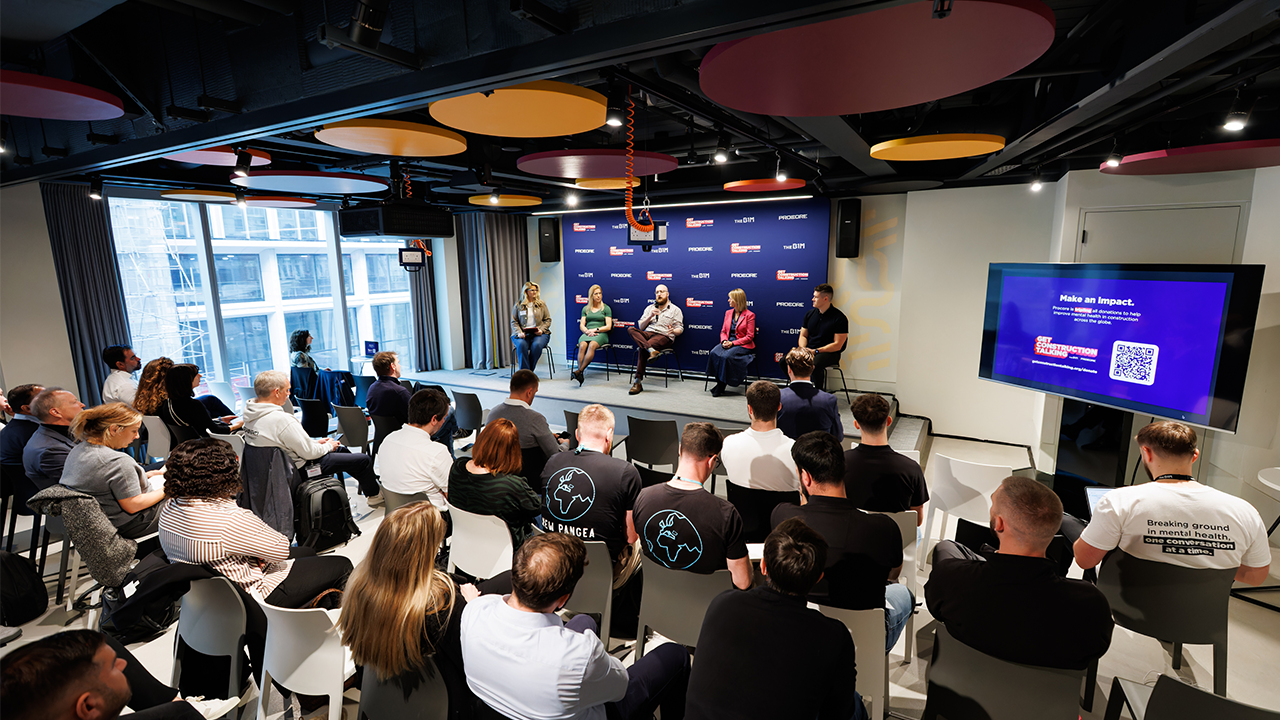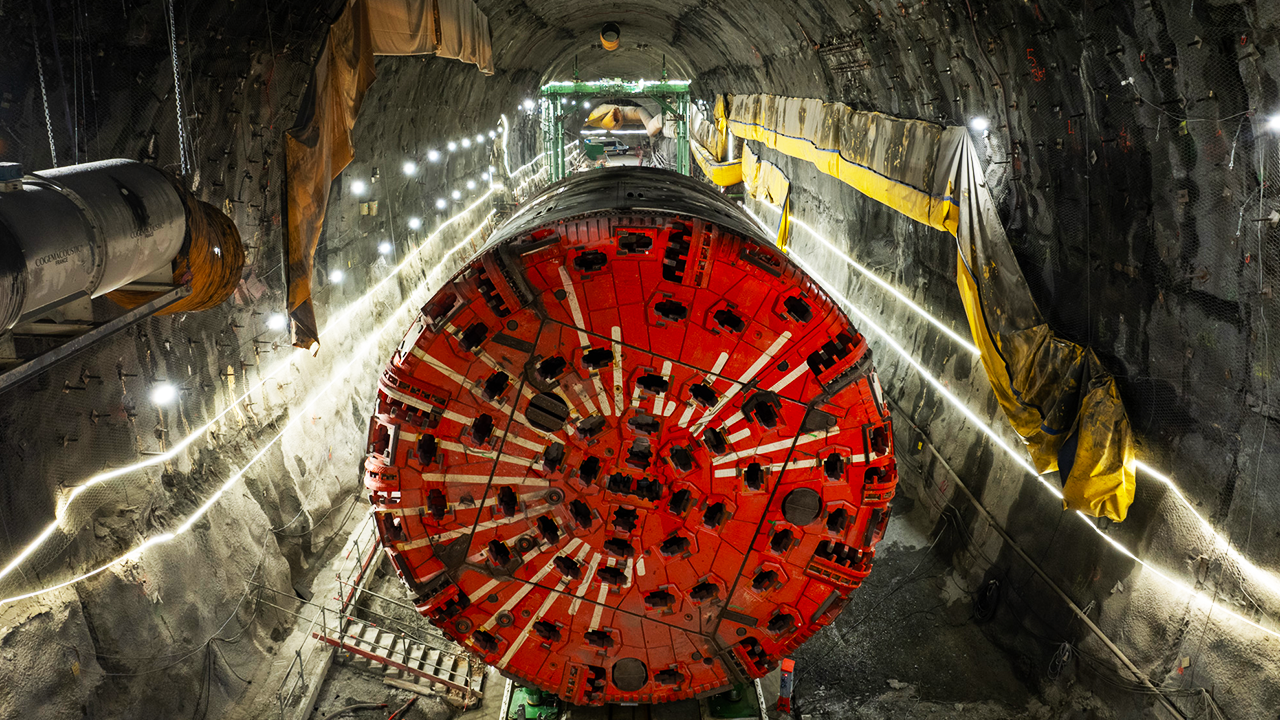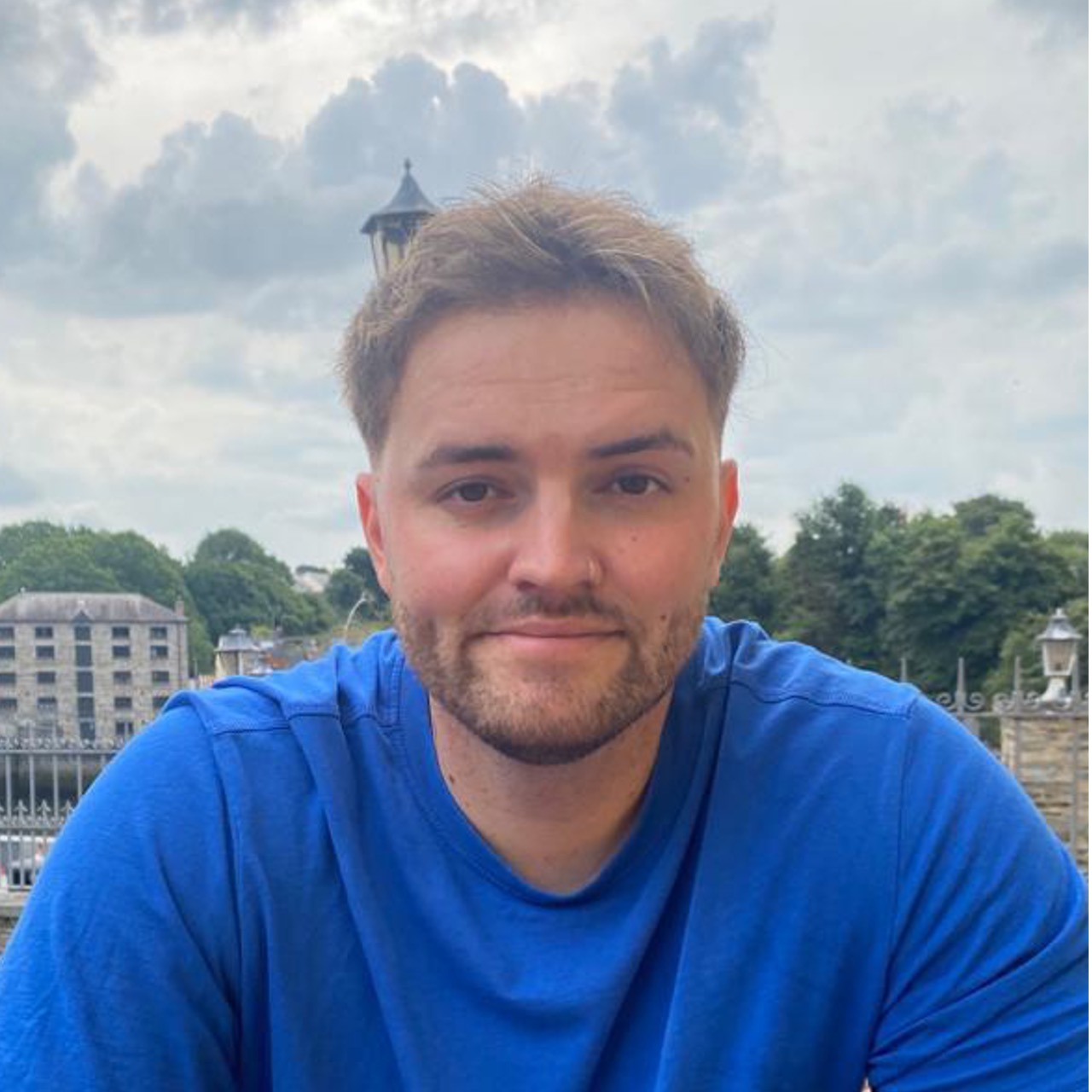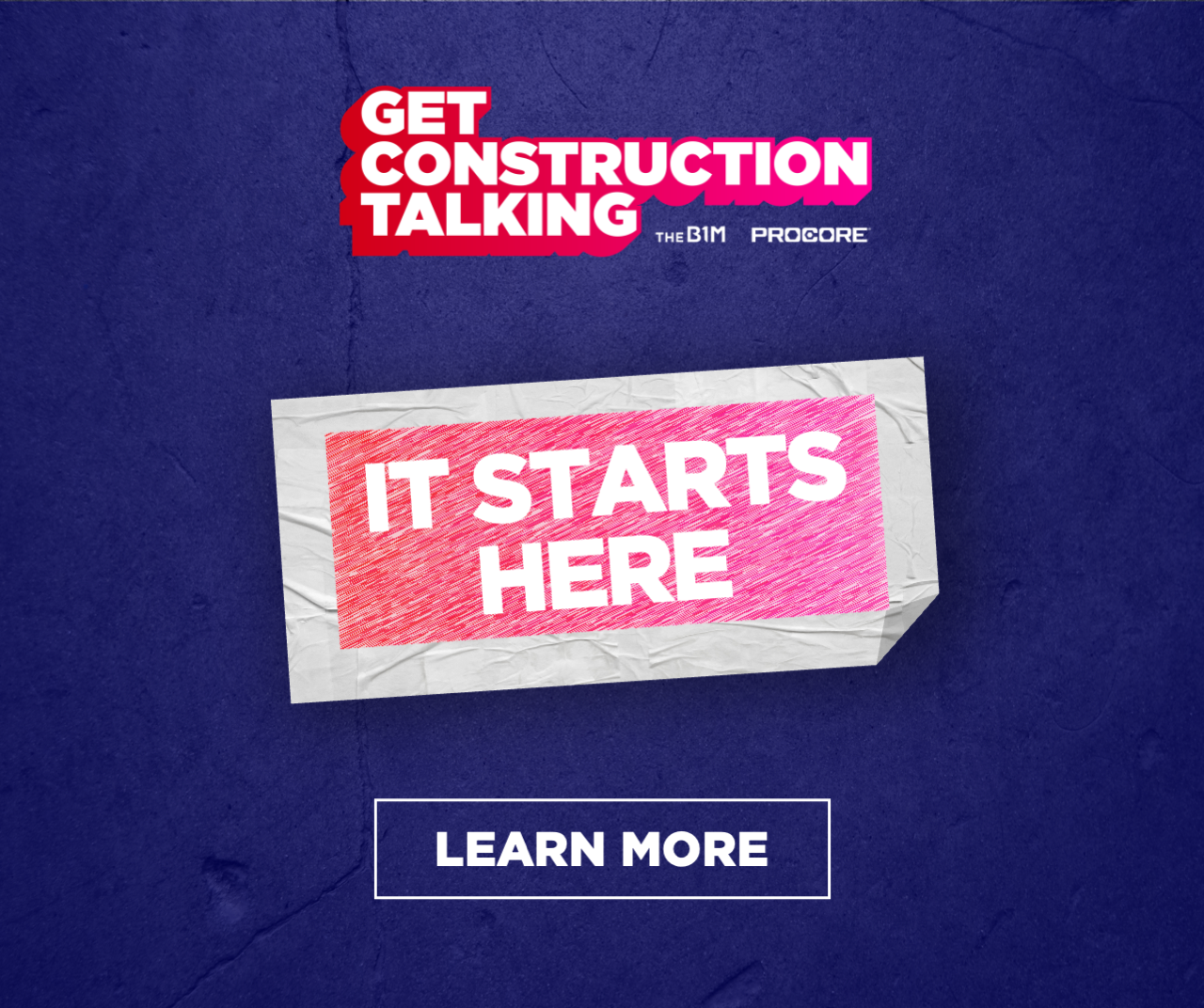
We all have a role to play in tackling construction’s mental health crisis
CONSTRUCTION is an industry that makes the impossible happen. Everyday its unsung heroes help create the world we all live our lives in – from our homes that shelter us, to the transport infrastructure we rely on and the schools we take our children to.
The sector’s amazing people face a barrage of well-reported challenges. There’s an urgent need to boost productivity, build more sustainably and attract skilled workers.
But construction’s biggest battle is in fact with a silent pandemic.
Around the world, the industry struggles with mental health and often has higher suicide rates than any other sector. Statisically in the UK and Australia, an average of two construction workers die by suicide each day. In the US, those working in construction are five times more likely to die by suicide than in other professions.
Mental health can no longer be allowed to take a back seat.
On World Mental Health Day, The B1M and Procore brought the industry together in London for a special Construction Mental Health Summit. The event was hosted as part of Get Construction Talking – a global initiative that's been established by our organisations. We're using our combined reach and influence to raise awareness of mental health in construction, break the stigma, get millions talking and to lift-up charities working in this space, raising $1M for them in the process.
To date the initiative has reached over 20M people across its events, activations, video series, podcasts and mainstream media coverage – including on the BBC.

Above: Get Construction Talking has reached over 20M people so far.
The summit was chaired by The B1M’s Fred Mills and Procore’s Sasha Reed, who gave a joint opening keynote, followed by an expert panel discussion that included leaders from Balfour Beatty, UK construction mental health charity Mates in Mind and Tideway; London’s vast £5BN “super sewer” megaproject.
In contrast to the dreary weather served up in London, an engaged crowd of sector leaders, major clients, contractors and specialists all contributed positively to what became an inspiringly productive event.
In his opening remarks, Mills reflected on his own struggles with mental health and talked about the importance of the colleagues we work with everyday being able to identify a problem:
“If we can enable all of us to spot the signs, feel able to ask our colleagues how they’re doing, and then point them to support, we could make a huge impact at grassroots level.”
Over the hour that followed, a clear theme emerged in the panel and audience discussions: workplace culture and ending any stigma attached to mental health. That doesn’t just apply to friends and colleagues but leadership too.
Mills and Reed have spread awareness of the sector’s mental health challenges through in-person Get Construction Talking events across the US, UK and Australia. Reed said it’s become clear an industry wide culture change is needed:
“What we heard was that a lot of productivity challenges aren’t as much about technology as we thought – a lot of it is about the people, the culture and how we think of people. Are they just an asset or a liability? Are they something on a P and L chart that’s just a cost?”

Above: The expert panel at the Construction Mental Health Summit including (from left) Procore’s Sasha Reed, Tideway’s Rachel Tomkins, Balfour Beatty’s Jim Beestone, Mates in Mind’s Sam Downie and The B1M’s Fred Mills. Image: AlistairVeryard.com.
Balfour Beatty directly employs around 13,000 people. Speaking during the panel discussion, Jim Beeston, health, safety and well-being digital projects manager and chair of the Health in Construction Leadership Group's Mental Health Working Group, said that Balfour Beatty’s approach to mental health is the same as its approach to physical safety.
“We treat health like safety. That means we treat mental health and well-being as a risk to be controlled like anything else. When risk registers are being set out for projects, we ask, ‘well what’s the well-being impact?’ Teams are looking at how to mitigate issues from the start.”
That well-being first culture has also been adopted by Tideway. The company is leading one of the UK's largest construction projects: the Thames Tideway Tunnel. It's a 25-kilometre new “super sewer” that'll protect the River Thames from overflow pollution.

Above: The Thames Tideway Tunnel is one the UK's largest infrastructure projects and its starting commissioning for the first time. Image: Tideway.
Costing £5 billion and spread across 24 sites, it's a major piece of infrastructure involving various teams. Rachel Tomkins, head of assurance, security and facilities for Tideway said awareness of health, well-being and safety has been key. One of the ways that's been achieved is through their induction programme:
"Our 'EPIC Day' is an immersive experience where you're taken through a construction incident scenario by actors. You follow them round in their work space to understand implications and complications (of your decisions and actions) and where you can step in to make a difference to change the story. Everybody attends that before they can start working on the project. It's no EPIC, no work. The aspiration was for health and safety to be transformational. From the outset of the project our objective was to achieve parity between health, well-being and safety."
Senior leadership clearly has a part to play in tackling construction’s mental health crisis, through their words, actions and initiatives like seen at Tideway. But we can all do our bit.
Sam Downie leads the work of UK charity Mates in Mind and said when it comes to supporting others, we generally know how to do it:
“Whilst about three quarters of people in construction think there's a stigma in talking about mental health, about 80% of those people have helped somebody else with their emotional well-being in the last few months. People know how to help one another – the challenge is getting them to recognise it in themselves and talk about it.”

Above: The summit brought representatives from across the construction industry together in London. Image: AlistairVeryard.com.
Positive steps are being taken to move this conversation in the right direction but there’s still a lot of work to be done. The construction industry shapes the world but it can also present a dangerous mix of long hours, lots of travel and challenging payment practices.
However, when companies put employees first, it's not only individual employees who benefit. Reed talked about the benefits for businesses. She pointed out that in limiting stress and protecting staff well-being, you can become a “destination employer” – and in an industry facing a skills shortage, holding onto talent is crucial.
When looking to tackle the shocking statistics that face the construction industry and its mental health crisis, we can all play a part. Whether you’re an employer looking to lead by example in the workplace, or you’re simply asking a friend how they’re doing, it could make all the difference to those around you.
And remember: whether it’s good or bad, we all have mental health. What’s important is that we work together to end the stigma attached to talking about it, because it could save lives.
Get Construction Talking is founded on that objective. It aims to use the power and reach of both The B1M and Procore to raise the profile of mental health and help millions understand how they can start to help today, for free.
Get Construction Talking has reached millions of people but we’re not done yet and we need your support. You can learn more, find help, download our free toolkit or make a donation to support construction’s mental health charities over at getconstructiontalking.org
Procore will generously triple any donation you're able to make between now and the end of 2024.
Donations are going to support the leading construction mental health charities across the US, UK, Australia and New Zealand, including the Construction Industry Alliance for Suicide Prevention (CIASP), Mates in Mind, Lighthouse,MATES in Construction and Construction Sport.








